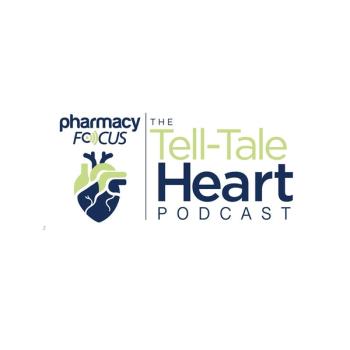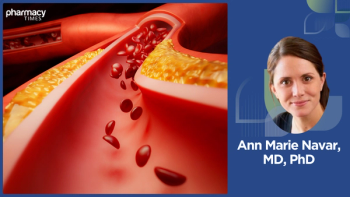
Case Study: Intravenous Immunoglobulin Infusion Effectively Treats Parvovirus B19 Infection
After repeated treatment with packed red blood cell transfusions, treatment with intravenous immunoglobulin in a child with parvovirus B19 infection successfully resolved the infection and negated the need for further transfusions.
The use of intravenous immunoglobulin (IVIG) in the setting of congenital parvovirus B19-induced anemia was effective in reducing and potentially eliminating the need for packed red blood cell (PRBC) transfusions, according to the results of a case study published in Maternal Health, Neonatology and Perinatology.
Parvovirus B19 is a common cause of childhood infections, presenting itself mostly in immunocompetent children as an intense red facial rash. Pregnant women who become infected can transmit the disease through the placenta to the fetus, resulting in serious disease and mortality.
Study investigators reported a case of severe congenital anemia secondary to gestational parvovirus B19 infection and reviewed current knowledge on the management of parvovirus-induced congenital anemia and use of IVIG to treat the infection and resultant anemia.
The child was born at the 26th week of gestational age via an emergency cesarean section due to hydrops fetalis. The mother showed presence of parvovirus B19 IgG antibodies, but IgM antibodies were not detected.
After the baby was born, he was transferred to neonatal intensive care unit (NICU) and started on transfusion support with PRBC. In the NICU, he was found to have positive IgM antibodies for parvovirus B19, but IgG was negative. Due to intraventricular hemorrhage and abdominal wall defect, he required extensive transfusion support and antibiotics for sepsis.
He was eventually transferred to a different NICU, where he continued to receive transfusion support and was discharged at 71 days of age. However, at 121 days of age, the child presented to the emergency department with cardiac failure and severe anemia. He received PRBC transfusion in addition to cardiac and respiratory support and fully recovered from the event, being sent home 5 days after admission with close follow-up assigned.
An outpatient follow-up revealed the child remained anemic with severe reticulocytopenia and required repeated PRBC transfusions, with elevated blood PCR for parvovirus B19. Providers opted to treat the child with IVIG and monitor the response by parvovirus B19 PCR, blood hemoglobin, and reticulocyte measurements.
After 3 doses of IVIG, parvovirus was undetectable in the blood of the child, and he became transfusion-independent with full recovery of erythropoiesis.
IVIG contains antibodies against a broad variety of infectious agents, including but not limited to parvovirus. Children are especially susceptible to parvovirus due to a lack of prior exposure or antibodies against the virus and have no defense mechanism to stop the virus from attacking erythrocytes and causing anemia. Because IVIG contains neutralizing antibodies, it has shown efficacy treating these issues, the researchers wrote.
Further, IVIG has successfully treated fetuses with hemolytic disease of the newborn due to Rhalloimmunization. In this setting, IVIG is thought to help by diluting maternal antibodies and inducing competition at the placenta, which reduces transplacental transfer of maternal antibodies and results in lower maternal alloantibody levels and blocking of fetal macrophage function, according to the researchers.
The investigators discussed the possibility of infusing IVIG to the pregnant woman intravenously, which would also treat fetal anemia caused by congenital parvovirus infection. IVIG has been previously successful in pregnant women with minimal adverse effects for a variety of indications, the researchers wrote.
“Prenatal IVIG infusion to the mothers of fetuses affected by parvovirus B19 infection to prevent fetal anemia and its potential complications is a subject for future research,” the investigators concluded.
Reference
Aronson ST, Celiker MY, Guarini L, et al. Intravenous immunoglobulin treatment of congenital parvovirus B19 induced anemia - a case report. Matern Health, Neonatol and Perinatol. 2023(9);10. doi:10.1186/s40748-023-00164-2
Newsletter
Stay informed on drug updates, treatment guidelines, and pharmacy practice trends—subscribe to Pharmacy Times for weekly clinical insights.







































